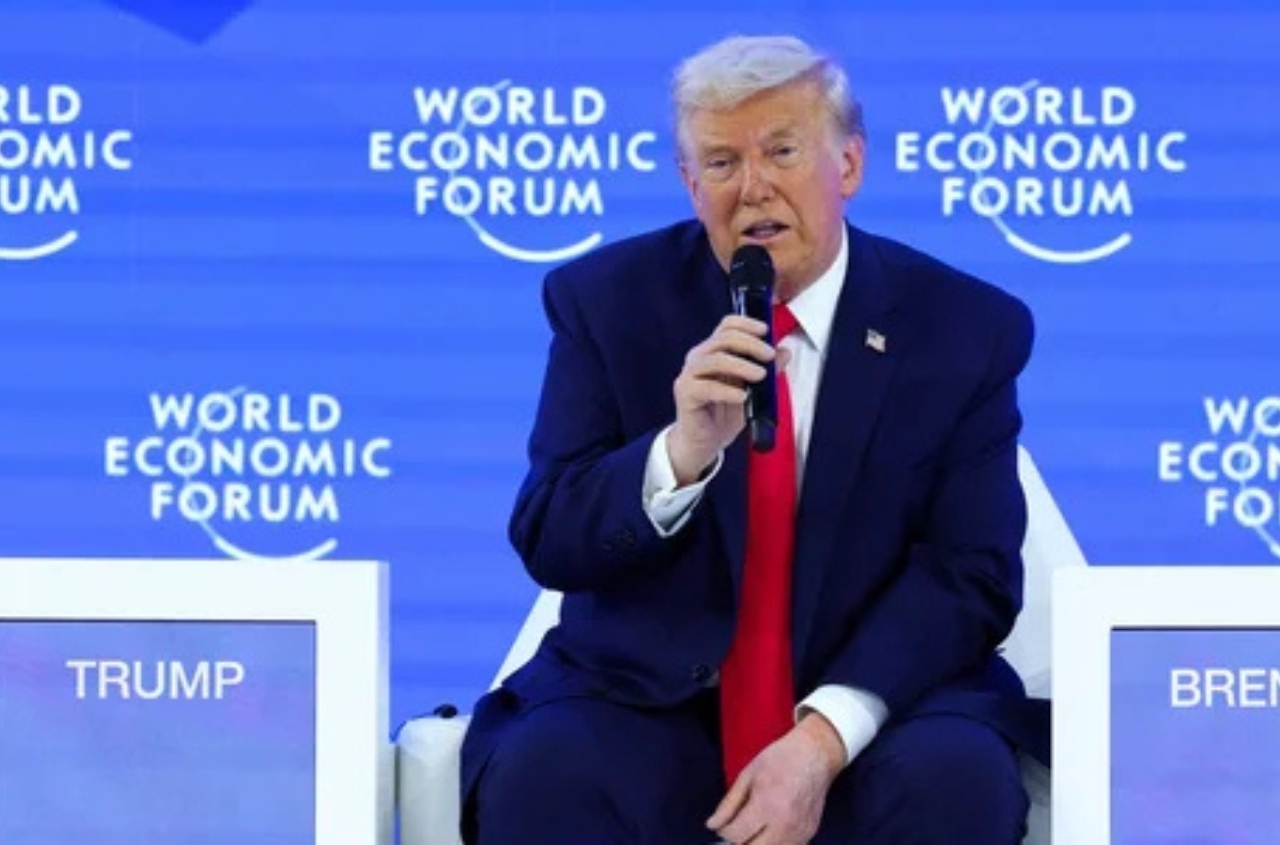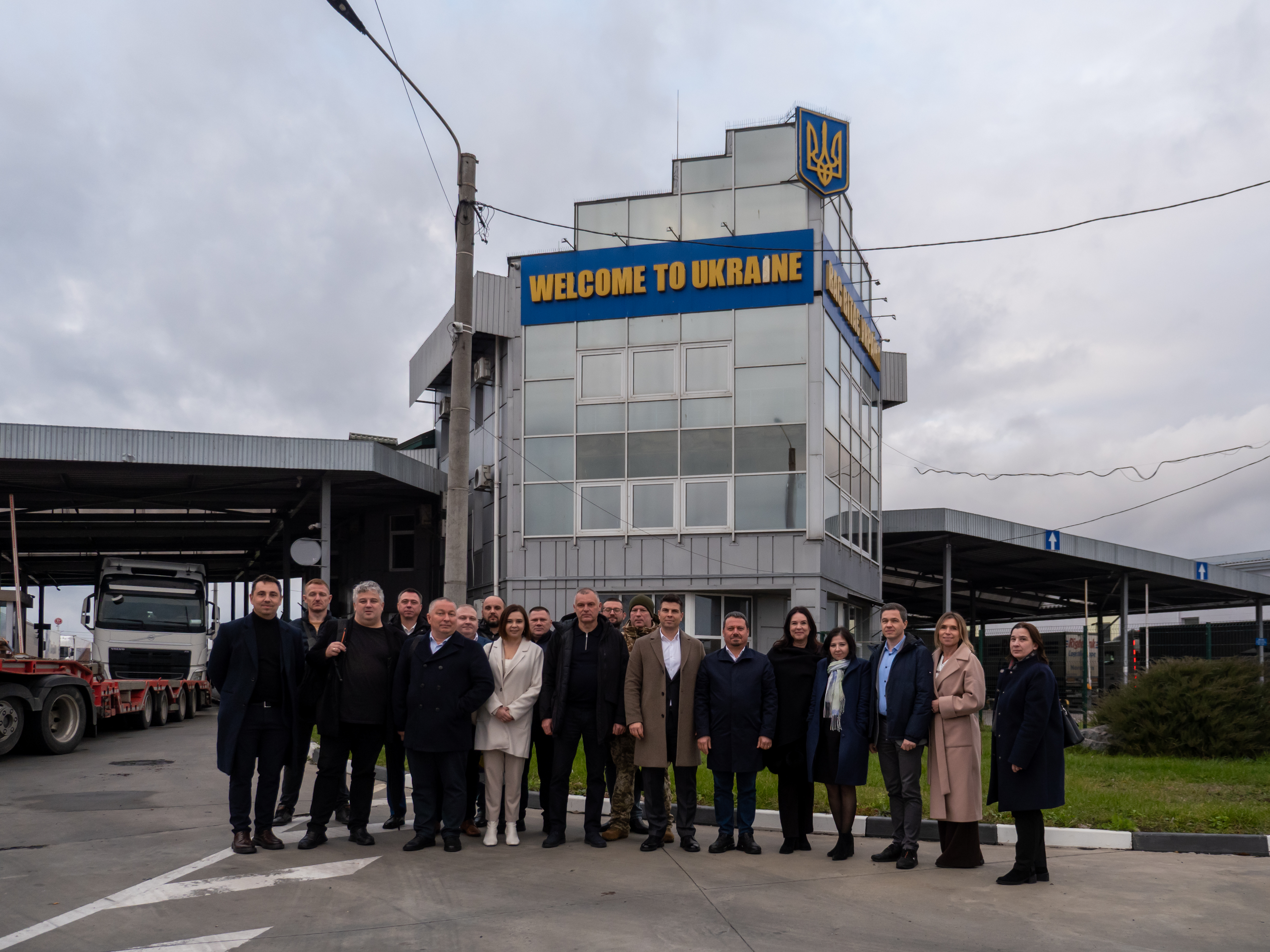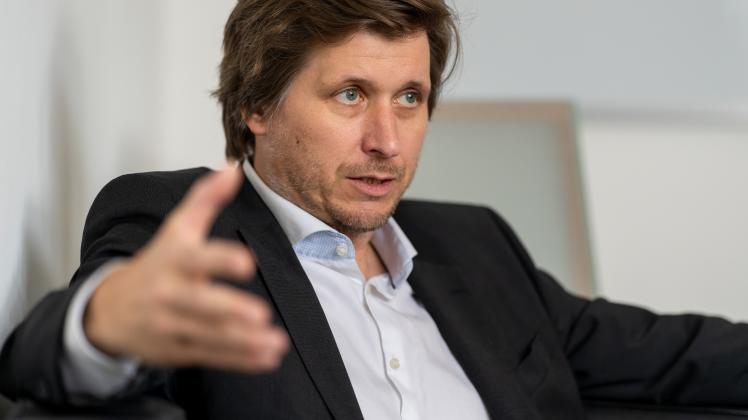The administration of the President of Russia has instructed intelligence services to urgently strengthen pro-Russian or pacifist forces in Germany, which oppose further arms supplies to Ukraine and call for the immediate start of "peaceful" negotiations. The creation of new political forces in Germany under Moscow's influence jeopardizes Berlin's good relations with Washington. Reported by the Robert Lansing Institute.
In 2024, Germany plans to hold elections for the European Parliament, municipalities, and the federal states of Saxony, Brandenburg, and Thuringia.
Despite a significant reduction in the number of Russian intelligence spies in Western Europe, especially in Germany, it is clear that the Kremlin has intensified its influence operations and intelligence activities abroad. The Kremlin's intentions go beyond influencing the decisions of European governments; it plans to use the crisis as a backdrop to create pro-Russian political projects and partially discredit existing ones that cooperate with the Putin regime.
For instance, in Germany, a new party led by Sarah Wagenknecht, a left-wing populist politician, has been officially registered. She has made a career in the Left Party and promoted her image by organizing pro-Russian demonstrations.
It is likely that Wagenknecht will promote her radical pro-Russian ideas in the recently established "Alliance Sahra Wagenknecht" party. The party has already declared its intentions to reduce the influence of NATO and the United States. Thus, Russia will attempt to diversify the orientation of its party projects and gain control over left-wing voters in Europe.
As soon as the new party was registered, ten left-wing deputies, including the most influential pro-Russian activists such as Sevim Dagdelen, who regularly advocated for Germany's withdrawal from NATO, and pro-Russian Andrei Gunko, who visited the occupied territories of Ukraine, left their previous party and joined the Alliance. As an alternative to NATO, the new Alliance is advocating for a structure similar to the Russian CSTO, with Russia's participation.
These political maneuvers directly impact the German Bundestag. On November 7, Dietmar Bartsch, co-chair of the Left parliamentary group, announced that the faction would apply for self-dissolution since, after the departure of some deputies, the party no longer meets the minimum requirement of 37 members to function as a parliamentary group. It is likely that the faction will transform into a parliamentary group, resulting in a limitation of rights in the Bundestag (primarily the number of positions in committees) and a reduction in state funding. The key goal for the new Alliance will be to run in the European Parliament elections. This scenario is likely to become a trend for other pro-Russian parties in EU countries.
Currently, it is challenging to predict how many votes the new party will garner. Politically, it will attempt to outperform left-wing nationalist-populists, occupying a relatively empty space in the German political spectrum. Its current rating does not exceed 5%, roughly equivalent to the Left Party's current standing. This could imply that Wagenknecht is bolstering the new party with her personal rating. The future success of the Alliance largely depends on whether it can create a new horizontal structure of party cells or attract the existing structure of left-wing forces to its side.
There is a hypothesis that during the Cold War, Wagenknecht collaborated with the Stasi. In 1991, she joined the Marxist faction of the Party of Democratic Socialism. This suggests that even after the reunification of Germany, Sahra maintained socialist ideas while simultaneously promoting an anti-capitalist agenda. There is information about her close contacts with the Communist Party of Russia.
Wagenknecht will likely focus on advancing anti-American ideas, allowing her to appeal to both left-wing and right-wing electorates. Against the backdrop of anti-Americanism, Wagenknecht, as an alternative, will demonstrate a closeness to Russia.



















